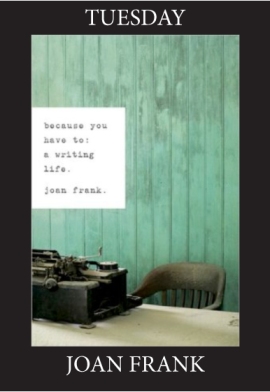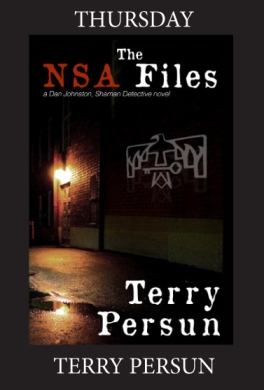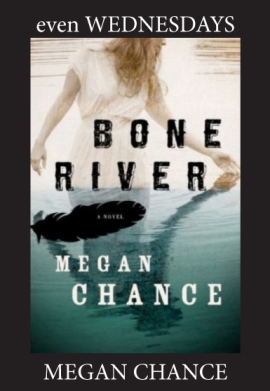Thee months ago, in my blog entry “Writing and Staying Fit Simultaneously,” I chronicled what amounts to a new year’s resolution to get up early, work out and write every morning before work.
It’s one thing to declare victory after a week’s success, it’s another to maintain a new habit long-term. Now, three months later, I wanted to provide an update on my progress.
First the plan: Get up every morning at five o’clock, do a half-hour of P90X3, shower, get dressed, and write for sixty to ninety minutes before leaving for work.
How have I done? Since I began, I’ve lost fifteen pounds (five percent of my body fat) and have an accumulated total of 27,000 words on my latest novel.
That’s not to say that it’s all gone smoothly. During those three months, I spent some time in Italy, which naturally meant I wasn’t working out or writing (other than blogs) much while I was away. There was also coming home and getting used to the nine-hour time difference between Tuscany and Seattle. Then, just when I was getting back into the old routine, Daylight Saving Time struck.
I got up and worked out every day, though admittedly sometimes a lot later than I’d hoped. And every day, even if it was only for a few minutes, I worked on my novel after my shower. Even if I was only reading over and tweaking what I’d written the night before, I always added at least one new line. At least one.
There is something about that momentum, that sense that I’m touching my work every day, that continues to drive me forward. Even on those mornings when the manuscript has loomed large and intimidating, when I don’t know exactly how I’m going to get from point A to B, working and reworking my scenes has left my satisfied that I’m headed in the right direction.
I’m here to tell you that you can do it, too. Even if working out is not your thing, you can still carve out time to put fingers to keyboard. How hard would it be to go to bed a half-hour earlier and wake just a half-hour earlier for a quick writing session? Try it. It might not be as difficult as you think.
 Brian Mercer is the author of Mastering Astral Projection: 90-Day Guide to Out-of-body Experience (Llewellyn, 2004) and the Mastering Astral Projection CD Companion (Llewellyn, 2007). A board member of the Pacific Northwest Writers Association, he is the webmaster of and occasional contributor to Author Magazine. When he’s not working as a programmer analyst or exploring alternate dimensions out of body, he can be found writing novels. He lives in Seattle with his wife, Sara.
Brian Mercer is the author of Mastering Astral Projection: 90-Day Guide to Out-of-body Experience (Llewellyn, 2004) and the Mastering Astral Projection CD Companion (Llewellyn, 2007). A board member of the Pacific Northwest Writers Association, he is the webmaster of and occasional contributor to Author Magazine. When he’s not working as a programmer analyst or exploring alternate dimensions out of body, he can be found writing novels. He lives in Seattle with his wife, Sara.
Site: http://www.brianmercerbooks.com/
Facebook: http://www.facebook.com/BriMercer
Twitter: @BriMercer







